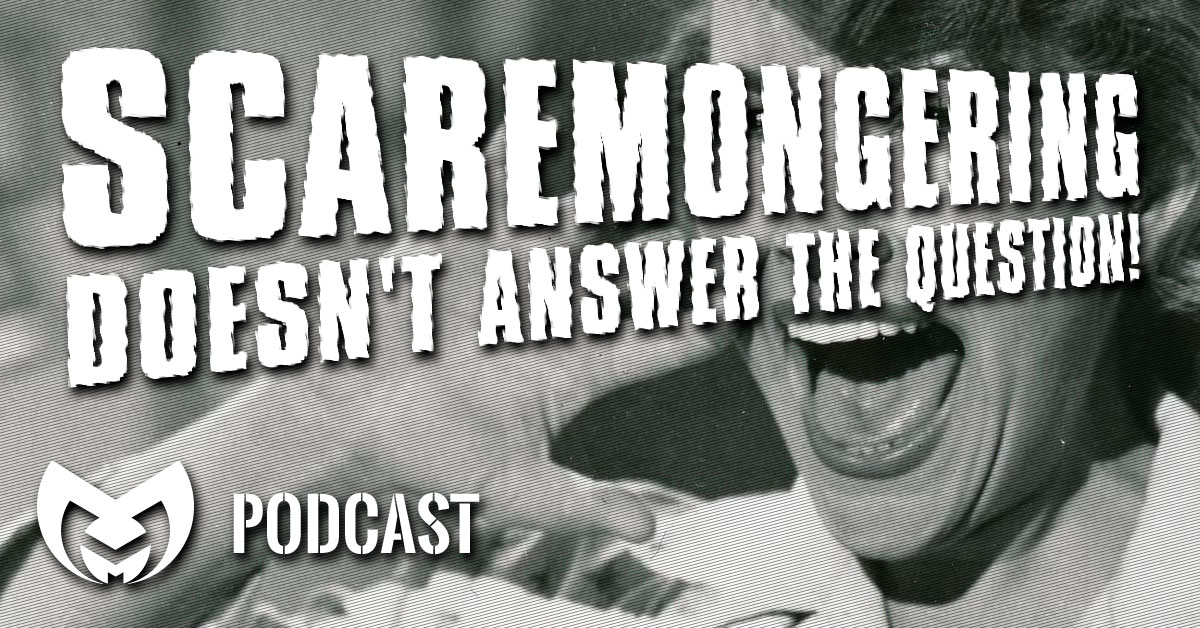Transcript
In the wake of new laws restricting abortion, social media exploded with stories about child rape victims potentially being forced to carry their children to term, women facing terrible unnamed illnesses being put at risk as the lives of their unborn offspring are prioritized, and women being forced to carry a child suffering tortuous abnormalities. These are, to these objectors, potentially terrible and unjust consequences demonstrating the unfeeling nature of the pro-life position unleashed on our culture.
These are worst imaginable scenario arguments, and worst imaginable scenario arguments are not a good way to argue law. It takes very rare or even hypothetical events and uses those events to justify a broad range of laws as necessary to protect against these outlier possibilities. Even if we accept that a possible rare incident is a legitimate concern, we don’t craft law from exceptions.
Suppose a police officer pulled me over for running a red light, but I informed the officer I only ran the light because my youngest child became gravely ill and the hospital is near. The officer may withhold punishment for violating the law and aid in getting us to the hospital. That may be a reasonable response to the odd event. It would be unreasonable to immediately advocate that all traffic lights must go simply because some people may be justified in running red lights in certain situations.
It isn’t even necessary to conclude that I was justified. The officer could just as reasonably feel terrible for us, work to help us, while ticketing me because however much danger my daughter was in I put other lives at risk by allowing my emotions encourage me to break the law. Our laws exist in a world where police officers, district attorneys, and judges use discretion to determine the most just application of the law.
All applied ethical systems have outlier issues that require careful moral consideration and seemingly troubling consequences. Under permissive abortions law as it is currently crafted rape victims can get abortions, as can women who simply don’t want a new child to interfere with their vacation plans. Women can get abortions because the child may suffer tortuous abnormalities, and also because they decided they didn’t want another daughter and would rather try for a son. Under the status quo, we all had to listen to the governor of Virginia discuss letting a born child slowly die while people had a confab to figure out what the mother wanted.
Rather than dwell on the worst outliers, let’s look at morally normative judgments. What is the action? If the unborn are fully human then the abortion action is the unjust killing of innocent human life. Laws restricting abortion aren’t forcing pregnancy; they are limiting an unjust action. Scaremongering does nothing to answer the question, “What is the unborn?” No one denies that a culture embracing the idea all human life ought to be protected from unjust destruction will still have difficult questions to face on the just application of law in rare but troubling circumstances. We just deny that intentionally killing innocent human beings is ever the best answer however easy it may seem.



Leave A Comment